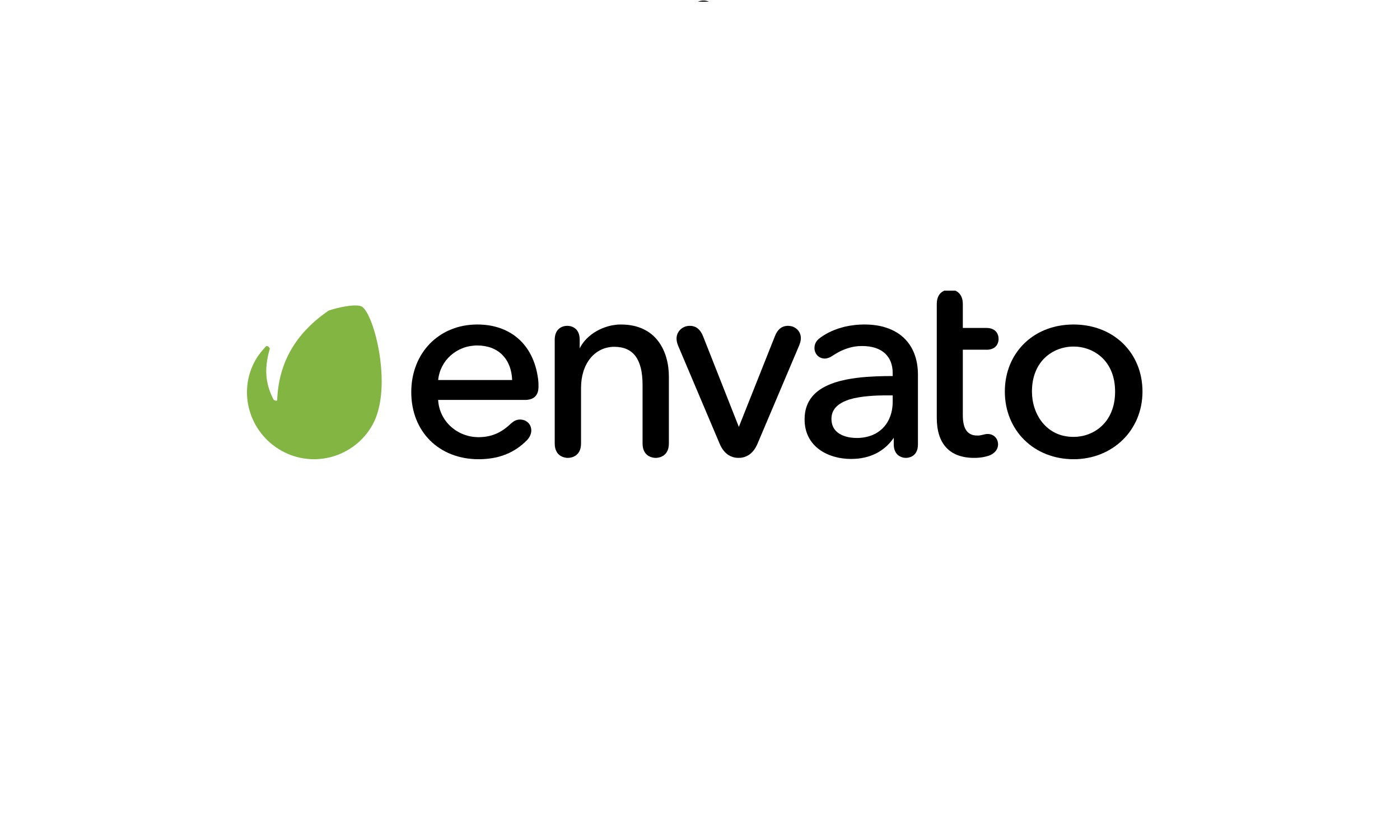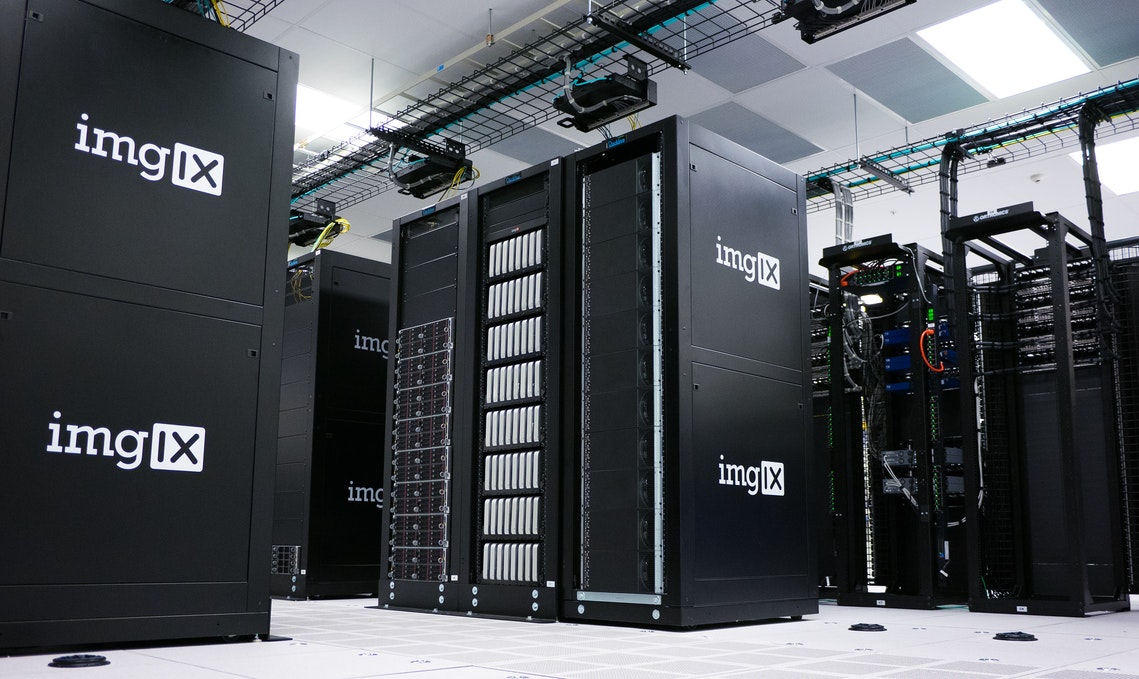Did you want to start podcasting to grow your business?
Or, create a podcast as a new revenue stream?
Maybe starting one is for fun.
Podcasting is a great way to reach community especially with those that do not have the time to sit down and read through or watch your content. Podcasts can be automatically downloaded, synced, and brought along the daily commute.
Podcast content can be done off-the-cuff, well-rehearsed, interview-style, or however you feel it would match your style. The content is quite easy to create as long as you have the ability to talk about your topics without too many breaks.
An affiliate marketer considering podcasting will be delighted with its opportunity. Offer promotions, sponsorship, and premium publishing open new channels for affiliate campaigns.
The best part of it all is the fact you can get started with one on less than $100.
Start Podcasting with the Basic Equipment
The only equipment you truly need to get started in podcasting is a decent microphone.
Sure, a mixer, headphones, screen pop filter, and mounts are a sound investment but it’s not worth the cost when you’re first getting your start because you can’t be sure if it’s the right medium for you.
For that reason, I would recommend sticking to the core basics hence the mic.
Three popular, inexpensive USB microphones include:
- Blue Yeti ($80)
- Samsung Go Mic ($39.99)
- Blue Snowball ($59)
USB microphones provide the best bang for their buck and ease of use. You can plug them in into your computer and have the operation up and running in mere minutes.
Recording, Editing, and Publishing Audio
One of the most important elements of creating a great podcast is choosing a location that doesn’t receive a lot of ambient sounds. You should also pay attention to how your voice echoes.
There are plenty of places to record whether it’s a side office or creating a blanket fort to muzzle out any distracting noises (this actually works, believe it or not). The point is that you don’t need to spend a ton of money on soundproofing your podcasting “studio” unless you’re truly going at this as a professional.
The following is a basic run-down of the recording and editing process:
1. Hook up your microphone to the computer
2. Select from a list of audio recording tools
3. Write a basic script including main topics to keep you on track (or questions for interviewees)
4. Get a glass of water, clear your throat, and take a few deep breaths
5. Hit record and start by including an introduction and what you plan to cover
6. Start with the main topics and take a break between each if you can’t marathon the entire session
7. Export the files as .MP3
8. Create a new project and splice the files together while chopping long pauses
9. Add any additional items like an intro song/jingle, sponsored audio ad (or shoutout), and closing song/jingle
Here is a good tutorial for recording your podcast using Audacity.
Don’t try to be perfect on your first attempt. You will get better the more you use the format. Focus, for now, on sharing great content. Use feedback from podcast veterans, resources, and community members to shape the podcast rather than going at it alone.
Once you’re happy with the work it’s just a matter of getting it out there on podcast websites, directories, and repurposing:
- Publish the podcast directly to your website including a transcript
- Use free hosting from sites like Podbean.com or Poderator.com
- Get it published in iTunes (recommended)
Itunes is the best location for publishing because it’s so widely used and easy to manage. Obtaining high rankings in the iTunes directory can have a significant impact on growing your subscriptions which, in turn, will increase your affiliate/business revenue.
Getting Good with Podcasting
Podcasting, like writing, is a trial and error process.
The most important tip I can give you is this: just start.
Your first podcast will most likely sound quite terrible but do remember that you don’t have to release the first recording; what’s important is that you get used to speaking and sharing content, and then go back and touch up on your skills.
No one will give you grief for your first couple of podcasts because it’s only through trial and error that you’ll begin to improve.
It all comes down to the content – people want to hear something valuable – so here are a few starter formats you could consider when doing your podcast:
- A complete tutorial
- Interviews
- Q&A sessions
Again, it’s about what you want to make of the media.
Affiliate marketers can greatly benefit from podcasting especially if they already have content since you could, in essence, just rework your existing content into an audio format. From there, you’d publish it on your site and into major podcasting channels, and you’re set!
There are no predetermined limits with podcasting, either.
- Try doing a short 5-minute “morning” podcast
- Use hour long streams for big tutorials and reviews
- Break up the podcast into a series
It’ll depend on your audience so keep a check on their attention span, ask for feedback, and get them to review your work. Over time, if you’re delivering exceptional value, your podcast will begin to climb the ranks and it’s that point when it truly gets found.
Working the Affiliate Angle
Now, how do you make money from a podcast if you can’t provide affiliate links?
Your first chance may come about if you gain sponsorship in which you’re getting paid to mention your sponsor a certain amount of times during the show. You can obtain sponsors by reaching out to companies providing relevant services to your industry. Otherwise, you could crowdsource the sponsorship by accepting donations before a regular broadcast.
The smart way to work the affiliate angle requires a few more bucks into your investment.
Using targeted domains and landing pages you can effectively make mention of a website domain which automatically redirects to a product you mention. You could also go as far as to create reviews on these single page domains to increase conversions. Coupon codes and free resources through an email opt-in are also options with targeted domains.
For example, imagine this to be a small segment:
I’ve been recently testing a new analytic tool for my eCommerce site which has provided a ton of extra data compared to Google analytics. It’s called KissMetrics and I’m absolutely loving it. It has A, B, C benefits and X,Y,Z features which makes it a great match for what I need. I don’t want to bore you with all the minute details so if you want to take a look into it head over to ILoveMetrics.net and you can read my full review. Okay the next …
A great benefit of using these targeted domains is that they will give you the ability to track conversions on your podcast episodes. You could find which products are doing well and then begin placing a higher effort into promoting them in other campaigns.
—
All-in-all, podcasting is inexpensive and easy to get into.
The process of recording, editing, and publishing a podcast is easy as pie.
Earning, as an affiliate is very possible if you take the extra step to plan your podcast and drive listeners to specific domains.
Give it a shot. You may love the sound of your voice. It may be the ideal medium for your message.




